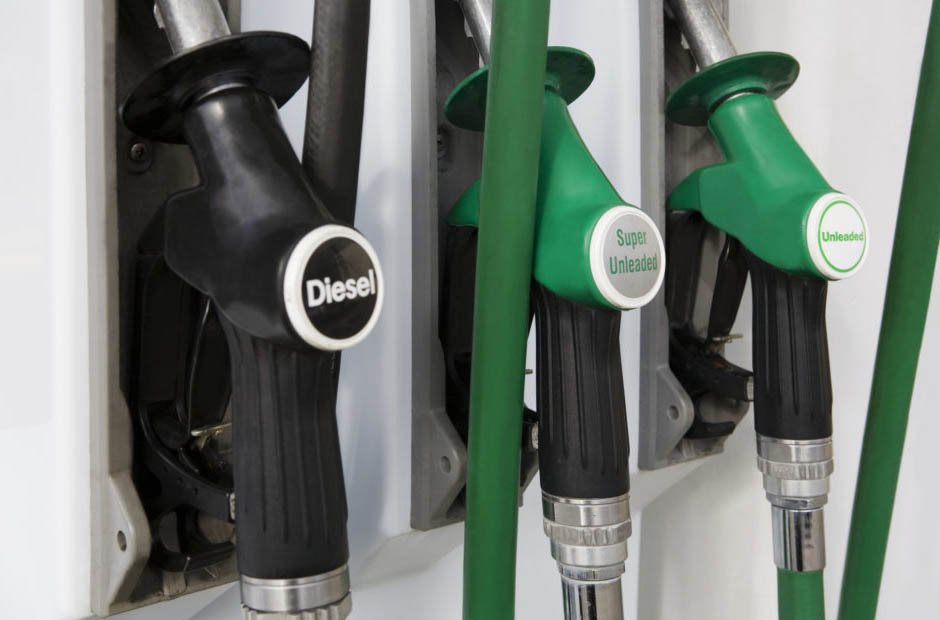The automobile industry has experienced significant changes in the past few years, with the rise of electric vehicles and the end of diesel engines. However, despite efforts to reduce carbon emissions and promote alternative energy sources, the surge in the popularity of sports utility vehicles (SUVs) has put a stop to the decline in petrol and diesel car emissions. This trend signals a shift in the market, with a need to reconsider our transportation preferences and rethink our approach to sustainable living.
Table of Contents
The Rise of the SUV
The SUV’s incredible success can be traced back to a dispute over chicken in 1963. During the Cold War, France and West Germany imposed a tax on cheap American chicken flooding European markets, leading US President Lyndon Johnson to retaliate. He implemented a 25% tax on various imports, including light trucks. This decision had a significant impact, prompting Volkswagen and Japanese manufacturers to stop exporting pickups to America, while American car manufacturers shifted their focus to larger vehicles. Although other taxes were repealed, the truck tax remained in place. Thus, Johnson inadvertently paved the way for the SUV to become a dominant force on the roads.
The lenient fuel emissions standards and accommodating regulations surrounding SUVs made them the new norm in the automotive industry. The numbers speak for themselves, with global SUV ownership skyrocketing from 35 million to 200 million between 2010 and 2018. Furthermore, SUVs now account for 40% of annual car sales, double the figure from a decade ago. However, the rise of these imposing vehicles comes at a significant cost to the environment.
SUV Diesel Emission Scandals
A 2017 investigation uncovered that Fiat Chrysler Automobiles (FCA) had installed software in over 100,000 diesel SUVs and trucks, allowing them to surpass pollution limits without detection during testing. In response, Fiat Chrysler recalled and repaired around 100,000 vehicles equipped with these prohibited defeat devices in 2019. This resulted in the company facing legal fines and having to compensate consumers who filed diesel emission claims against them.
In June 2019, 60,000 Mercedes diesel cars in Germany had to be recalled by Daimler. The affected model is the Mercedes-Benz GLK 220 SUV manufactured from 2012 to 2015, which contained software designed to manipulate emissions tests.
Calls for Change
According to the International Energy Agency, SUVs were the second largest culprit behind the power industry for the increase in global CO2 emissions between 2010 and 2018. Climate charity Possible has released a report revealing that older cars from 2013 still on the road have lower CO2 emissions compared to new petrol or diesel cars purchased in 2023. This finding is particularly relevant due to the increase in SUVs in urban areas in the UK, which is contributing to a halt in the decline of average CO2 emissions per kilometre from new internal combustion engine cars on a national scale.
Interestingly, greenhouse gas emissions from SUVs are on the rise in popular urban areas like Kensington and Chelsea, where these vehicles are most commonly seen. Despite being designed for off-road use with features like raised ground clearance and four-wheel drive, three-quarters of new SUVs and two-thirds of all large SUVs purchased in the UK are registered to urban addresses.
In response to these findings, Possible is advocating for the implementation of carbon emissions-based parking and road user charges with a specific focus on targeting the highest emitters. This approach aims to address rising emissions from SUVs and promote more sustainable transportation choices.
The impact of SUVs on the climate has become a growing concern among climate campaigners. To mark the first anniversary of their campaign, the activist group Tyre Extinguishers has taken action by deflating the tires of hundreds of SUVs in Europe. The surge in SUVs in 2022 alone accounted for a significant one-third of the overall increase in global oil demand. Cities such as London, Paris, Berlin, and Milan were specifically targeted by Tyre Extinguisher groups. The activists claim to have deflated over 10,000 tires in the past year across 17 countries, including the United States and New Zealand. They achieved this by utilising lentils to obstruct air valves and deflate the tires.
What Can Be Done?
So, what can be done to mitigate the damage caused by these vehicles? One solution is to encourage people to switch to more fuel-efficient cars, such as hybrids or electric vehicles. These vehicles produce much lower emissions than traditional cars, making them a more sustainable choice. Consumers who think they own vehicles with defeat devices can visit Claimexperts.co.uk to see if they’re eligible to file a diesel claim and hold manufacturers accountable.
The end of diesel engines was supposed to pave the way for a greener future, but the growing popularity of SUVs is reversing the trend. The shift in the market shows the power of consumer preference in shaping future developments while carbon emissions associated with petrol and diesel cars increase. The challenge now is how can the auto industry balance demand, finances, and a sustainable future.










